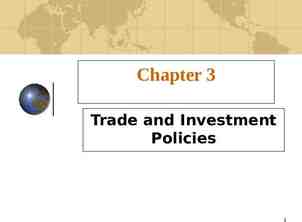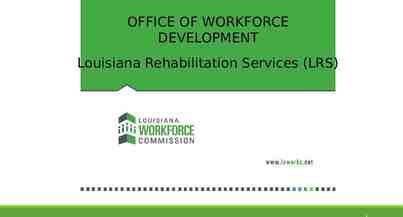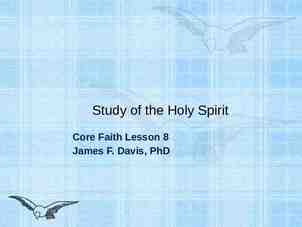CV’s and Covering Letters
16 Slides907.26 KB

CV’s and Covering Letters

Session Aims: Purpose of a CV and covering letter Essential points when writing a CV and covering letter Further CV and covering letter advice – National Careers Service / Prospects

Purpose of a CV Showcase your qualifications, experience, skills & abilities Set yourself apart from other candidates Select the template/format that best suits your current career aims

What do you think should be on a CV?

What to Include in your CV Name, address and contact details – if using an email address please consider the impression it will give to the reader. Personal Profile Education Work history Interests References

Bad CV/Good CV Exercise – in groups of 2 Go through the three CVs and list the mistakes

Essential points when writing a CV ALWAYS check spelling and grammar! Include a personal profile tailored to the job for which you are applying Formatting - Set out information clearly & consistently Stick to 2 pages maximum

Personal Profile Give employer an overview of what sort of person you are by answering the following questions: Who you are: Hardworking and enthusiastic individual currently studying towards a Level 2 in Horticulture at Hadlow College. What you can offer: Highly practical work experience gained within the land based sector including What you are looking for: (this last sentence can be tweaked depending on where you are sending your CV.) Currently looking to combine academic achievements and work experience within . Consider writing it in the third person (as though you are describing yourself) E.G Motivated and responsible individual or Keep it short and to the point; approx. 3 - 6 sentences long

Education List this first if you don’t have much work experience Date order – most recent place of study first, working backwards No need to include primary school Details of qualifications – dates, grades, courses taken, your school name etc. You don’t have to list every single GCSE individually. You can say 8 GCSEs at grade A-C

Work Experience Start with your most recent jobs and work backwards List company name, dates of employment, job title and your main tasks You can also include voluntary or temporary employment List relevant skills required for the job for which you are applying, if applicable, and evidence of how you have obtained this Try to use verbs such as ‘completed’, ‘achieved’, ‘initiated’, ‘succeeded’, ‘assisted’, ‘effective’ etc.

Interests or Hobbies If applicable, include interests or hobbies that are relevant to the job you are applying for Can you think of an example of this? For example, being captain of the hockey team would show that you have leadership skills because you have had to take charge of a sports team.

References – who can you use? School College Employers – current and previous Seek permission before putting down a reference You may not want to put the references down ‘References available on request’ is acceptable, why do you think this may be important?

Purpose of Covering Letter Grab a prospective employer’s attention Convince a prospective employer that you are the right person for the job Elaborate on the information contained within your CV Covering letters can be used speculatively or when applying to a specific vacancy

Essential points when writing a covering letter Always include a cover letter! Write an original letter every time you apply for a job (do not just use a generic one) Show that you have researched the organisation Use clear, concise and grammatically correct language Stick to 1 page and a maximum of 5 paragraphs

CV and Covering Letter Advice Hadlow College Careers Team https://nationalcareersservice.direct.gov.uk/Pages/Home.aspx https://www.prospects.ac.uk/careers-advice/cvs-and-cover-letters https://www.cv-library.co.uk/career-advice/

Any Questions?






